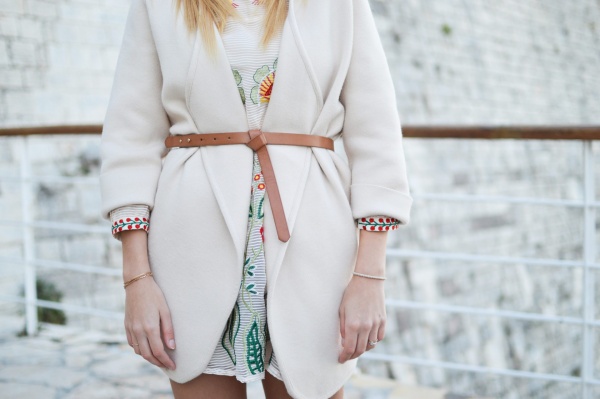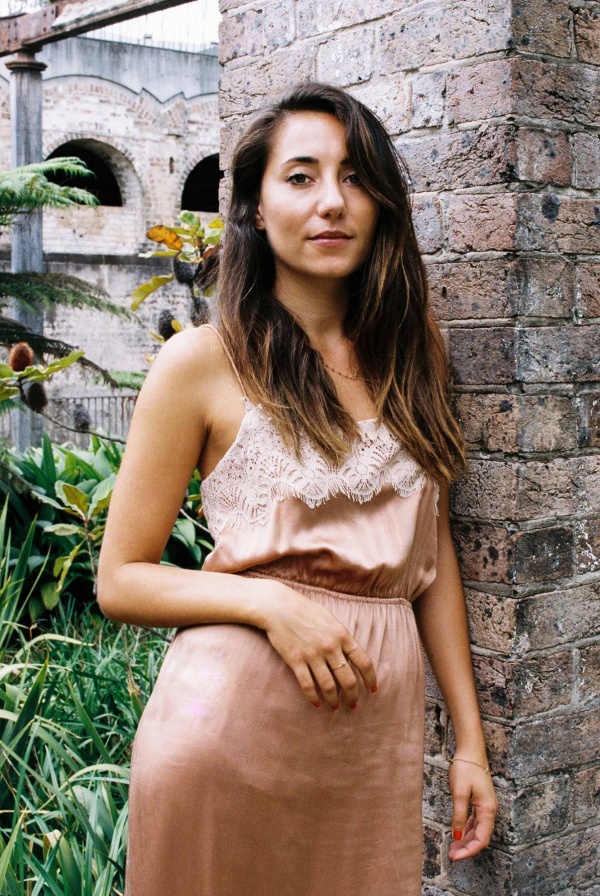
Sustainable fashion expert Valentina Zarew answers all the fast fashion questions. Image Tamara Bellis
- Fashion
These are the questions my friends ask about sustainable fashion
Your fast fashion questions answered, by our sustainable fashion expert
By Valentina Zarew
Working in sustainable fashion is like a minefield, you can go down many rabbit holes, clawing your way back up to catch your breath. So much science, so much data, so much research, so many opinions and – so many questions! To that point, my friends are always asking questions about sustainable fashion, and even though I encourage them not to take my answers as gospel, I’ve decided to compile a few of them here. Just remember, there is no perfect solution when it comes to fashion and sustainability, so lean into your values when making choices.

G+S sustainable fashion expert Valentina expert reveals her FAQs
Are compostable mailers actually better for the environment?
If they are composted! This is an area that is up for huge debate in the industry, but my two cents are they need the right environment to break down and when they are provided with that environment, they can return nutrients back into the environment. But only if they are composted.
If a brand uses organic cotton, does it mean its other practices are sustainable?
No – but it’s a really good start. We’re so familiar with the word ‘organic’ when it comes to food, it’s equally important when it comes to fibres to make a garment. Why? Because it means that (the fibre) has essentially been produced (at the farm level) without harsh chemicals. This means the soil it was grown in has not been treated with chemicals or pesticides which, in turn encourages less toxicity for the land and the people interacting with it. There are many stages of the fibre supply chain though, including carbon emissions, logistics and end of life so in the scheme of things being organic is one small component to consider.
Is there such a thing as sustainable denim?
I don’t know anyone that doesn’t own a pair of denim jeans. It’s also generally so hard to find the right fit! In any case, denim like many fibres, has its downsides. Denim, in its purest form is essentially made from cotton. You want to make sure that it is sourced responsibly (chemicals, water etc) – and even more so, that there have been no harsh chemicals used in the process of dyeing.
What’s the biggest misconception when it comes to sustainable fashion?
That fashion is sustainable! Like any industry it has an impact on the world. Unlike many other industries, it is cited as contributing to 8 per cent of greenhouse gas emissions, is ranked second industry that involves modern slavery – it is also currently worth $3trillion Many people think a simple solution is to abandon any ‘unsustainable’ practice, however it is more complex than that. Given the amount of people it employs – from farmers to retail assistants, to sustainability consultants, it is an industry that provides a livelihood for many. We must all lean in and work towards driving the fashion industry to make change, rather than abandon it.
Valentina is a sustainability expert, with among other accreditations a certificate of sustainability from the University of Bath. She is focussed on working with the brands of the future to help shape their strategy, sustainability framework, stories and partnerships. You can connect with her at [email protected], or follow her on Instagram. @valya___z.
Love her work? You can support her here.
RELATED: Who made your clothes?
RELATED: This is how you create a sustainable wardrobe
